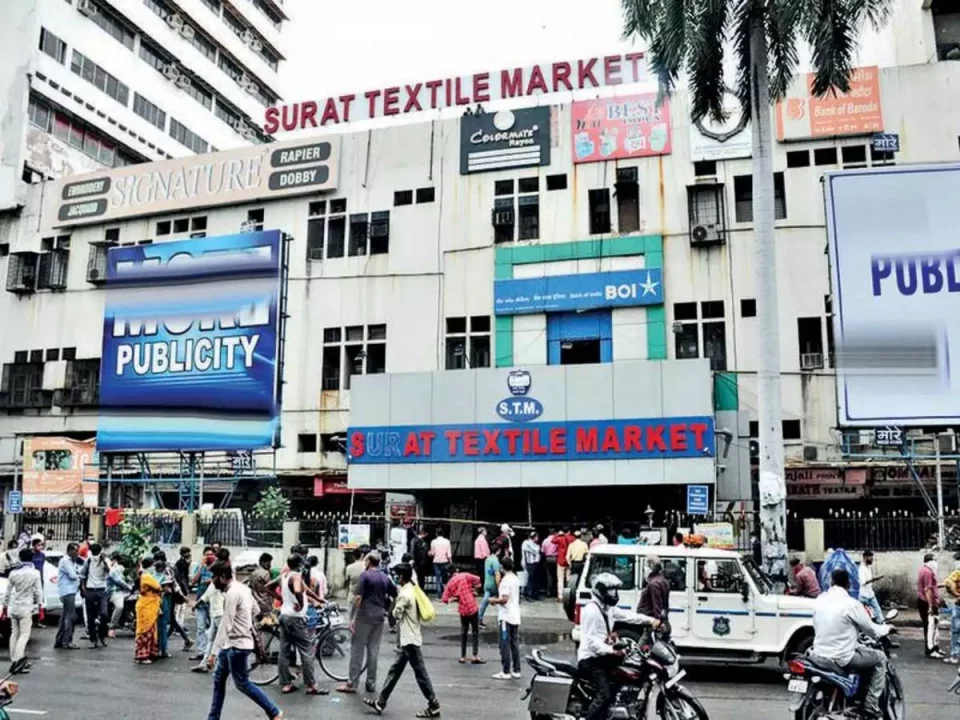The steep rise in costs of raw materials and the shortage of chemical agents, has forced processing houses to run fewer shifts. Weaving and processing units in Surat, are grappling with both input inflation and a shortage of key raw materials.
Prices of coal and lignite are up over 100%, electricity bills are bigger by about 10-15% and the workers too are now demanding 10-12% more.
Polyester yarn prices have jumped 30% in the last six months and the steep rise in inventory costs is hurting to a point where the operations are not smooth.
Very few units can afford to run two shifts and most are running just one 12-hour shift a day.
Before the pandemic, nearly 40 million meters of fabric was being processed every day but unable to fund the inventories, the output has been restricted to about 30 million metres a day now.
Unless the situation reverses, the Surat cluster, which by one estimate generated some Rs. 80,000 crore of sales annually pre-pandemic, will see the turnover fall to 60-65% of this amount in the current year.
Also, operating margins are being squeezed as not all the additional costs are being passed on to the consumers; processors say their margins have almost halved compared with the levels they made two years ago.
Processing houses are the biggest sufferers of higher raw-material prices in the entire value chain.
The prices of discharging agents, including those for rongalite, sepiolite, sodium hydro-sulphite, have doubled in the span of seven to eight months. The processors have been able to hike the end prices only by about 25%.
Surat’s textile cluster provides direct employment to over two million; for hundreds more, the commerce in the region is a source of livelihood.
Raghu Yadav, a 40 year-old migrant who transports grey fabric from weaving units to processing houses, is worried about the slowdown.
But he carries on regardless, trying to do at least three 10-15 km trips everyday even if it’s hot and humid.
Else, his family of four cannot afford even a simple life.

